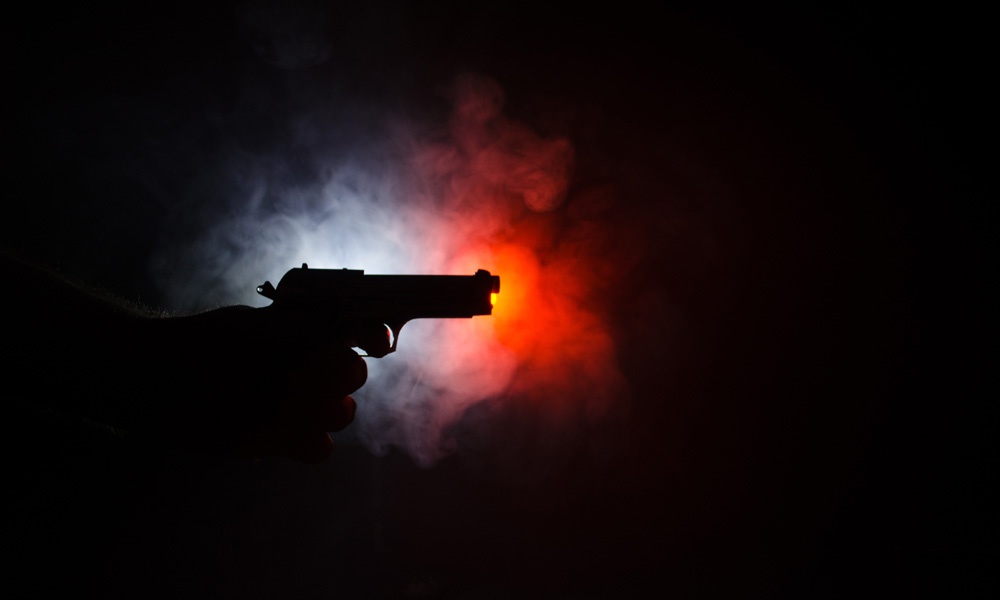
Gun Charges in Naples, Florida: Know Your Rights
- Hanaford Law Offices
Florida’s gun laws are more liberal than those in some other states, but there are still severe consequences for breaking them. Florida law imposes harsh punishments for offenses involving firearms, particularly when someone is injured. Whether the gun offense took place on its own or in connection with another crime, anyone who wrongly owns, purchases, or uses a weapon may be subject to severe penalties.
Are you currently contesting a type of weapon charge? To safeguard your freedom and rights, you must take immediate action. The Law Office of Robert H. Hanaford is dedicated to defending those falsely charged, and we want to use our expertise to assist you in getting your life back.
Understanding Gun Charges in Naples, Florida
Gun ownership, use, and transit are all governed by particular laws and rules in Florida. Familiarizing yourself with these regulations goes a long way toward ensuring compliance and preventing potential legal repercussions. Some of the most typical gun-related charges in Florida are:
Possession of a prohibited firearm: Machine guns, short-barreled rifles or shotguns, and projectiles that may penetrate armor or explode are generally banned for individual possession in Florida.
Carrying a concealed firearm without a permit: To carry a concealed firearm in Florida, you must have the appropriate license or authorization. Violators of this law might be charged with a third-degree felony or a first-degree misdemeanor.
Aggravated assault, sexual battery, and other violent crimes with a deadly weapon: The use of a firearm in a serious crime like murder, sexual battery, arson, robbery, kidnapping, aggravated assault, escape, child abuse, carjacking, or house invasion may result in a minimum jail time penalty of 20 years if convicted. This is true regardless of whether the weapon was discharged or not.
A firearm used in committing a crime: Using a firearm to commit a crime could be classified as a second-degree, first-degree, or “life” felony, which carries a potential penalty of life in prison.
Possession of a firearm by a convicted felon: In Florida, offenders are often not permitted to carry or own guns. Breaking this law is a second-degree felony. Penalties can range from a minimum of 3 years to 15 years in prison.
If you are being charged with any of the above crimes, contact a Florida criminal defense attorney to evaluate your case and help you avoid a weapons or firearms conviction.
Knowing Your Rights About Gun Charges
When facing gun charges in Florida, you must know your rights to protect yourself effectively. Some crucial rights to remember include the following:
Right to remain silent: Defendants reserve the right to remain silent and avoid self-incrimination. It’s advisable to exercise this right and consult a qualified defense attorney before speaking to law enforcement.
Right to legal representation: Suspects have the right to an attorney. It’s in your best interests to seek the assistance of a skilled Naples criminal defense lawyer specializing in gun charges to ensure your rights are protected throughout the legal process.
Right to due process: All defendants are entitled to due process, which includes a fair trial, the presumption of innocence until proven guilty, and the opportunity to present a defense.
Remember, acting promptly and consulting with an attorney who can guide you through the legal process, protect your rights, and fight for your best interests is crucial.
Talk With Our Skilled Naples Gun Charges Defense Attorneys Today
The laws surrounding gun charges can be complex, and the consequences of a conviction can be severe. Turning to an experienced criminal defense attorney allows you to navigate the legal system more effectively, build a strong defense, and work toward the best possible outcome for your case.
Are you in Naples, Florida? Call the Law Office of Robert H. Hanaford at (239) 315-9750 or schedule a consultation online for expert legal assistance. Your future and freedom are at stake, and having the right legal representation can make a significant difference in the outcome of your case. Don’t wait—take the necessary steps to protect your rights and secure a favorable resolution today.
